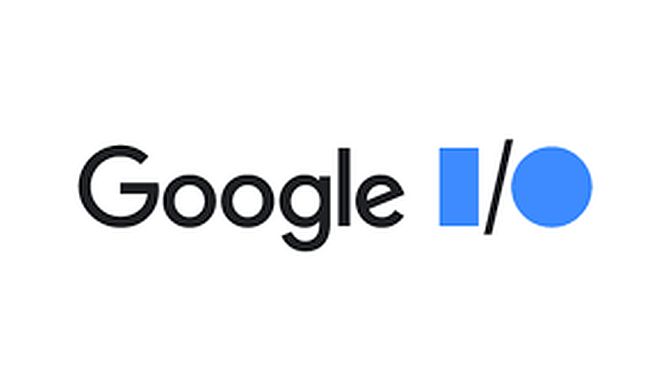Google unveiled on Wednesday a slate of artificial intelligence (AI) tools and technologies for Indian developers at its first I/O Connect event for India, being held in Bengaluru.
The company made accessible for Indian developers its faster, more accurate large language AI model accessible through PaLM API, Makersuite, as well as features on Google Cloud’s Vertex AI.
Google Cloud officially launched a new initiative in collaboration with Open Network for Digital Commerce (ONDC), under the Department for Promotion of Industry and Internal Trade, to help sellers build and scale commerce platforms across the country.
The company is open-sourcing a ready implementation of ONDC infrastructure and core APIs to facilitate scalability and security using retail AI technology and the PaLM API.
The technology major also announced a new start-up credit programme where companies that use ONDC can apply for a grant of $25,000.
Google is also open-sourcing research models and its first datasets under various projects to help Indian developers.
Through its collaboration with the Indian Institute of Science as part of Project Vaani, Google will open source the first set of speech data comprising over 4,000 hours across 38 languages.
On helping improve urban planning and infrastructure, the company announced a new feature within the Google Maps Platform called address descriptors, an India-first experiment available in over 25 cities.
It is a feature designed to make it easy for customers to find and navigate to addresses using landmarks and area names.
The company released its Open Buildings information on over 200 million places in the country, which will help organisations plan social and infrastructure projects in busy urban localities.
Google will roll out a Trusted Tester programme for developers to access its healthcare AI model APIs that can identify medicine names within handwritten prescriptions.
Besides these, the opening keynote also showcased several upcoming AI-powered tools, such as Studio Bot, which will help developers code more easily and emphasised Google’s intent for expanding its presence in India’s smart watch and smart TV segments.
Manish Gupta, director of Google Research India, told Business Standard over a Google Meet that the company will open-source the SeeGull Database–a global stereotype benchmark with broad geo-cultural coverage including stereotypes existing within India–to evaluate and mitigate biases in Natural Language Processing.
About national software and services company group Nasscom’s recent guidelines for the responsible use of generative AI, Gupta added, “We welcome efforts by policymakers around the world to develop proportional, risk-based regulations that promote reliable, robust, and trustworthy AI applications.
“We were one of the first companies to publish a set of AI principles (2018), and we use an AI risk-assessment framework to identify and mitigate risks.
“Building AI responsibly must be a collective effort across government, companies, universities, and more to help translate technological breakthroughs into widespread benefits while mitigating risks.”
Source: Read Full Article

